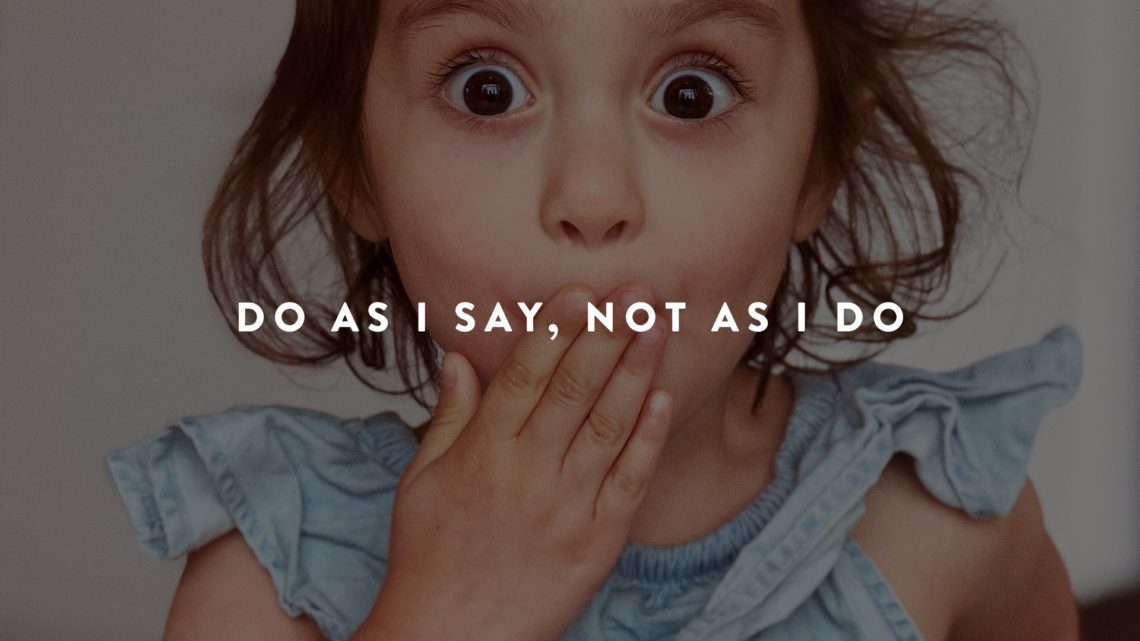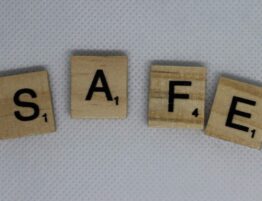
Excerpted from Intentional Parenting, by Doug and Cathy Fields
Have the words “Because I said so” ever come out of your mouth? This “quick fix” answer we sometimes give our kids when they ask “Why?” can ultimately undermine our authority as parents. “Because I said so” was never a satisfying answer when you were a kid; it’s no different now that you’re the parent. When it comes to guiding and teaching our kids, “do as I do” is far more effective than “do as I say.”
Whether we admit it or not, our lives are on display 24/ 7. Our children are always watching and learning from us, from both our positive and negative characteristics and behaviors.
Intentional parents understand this reality and think about the messages their actions are sending. Actions always speak louder than words.
This isn’t to say that intentional parents don’t mess up. Even intentional parents are imperfect, and our actions sometimes reflect that reality. But those imperfections speak volumes, too. Because your kids don’t need you to be a perfect parent or spiritual giant. The perception that we need to be perfect or overly spiritual as parents is intimidating and can create insecurity. The fact is, kids most need to see their parents genuinely trying to follow the person and teachings of Jesus. Faith conversations (the “What I say” stuff) must be validated by our lifestyle (the “what I do” reality). We can tell them all day long that Jesus makes a difference in our lives but as they grow, our kids need to actually see that belief lived out in our lives.
And the really good news? Your kids are picking up some great qualities from you. It’s easy to focus on our negative characteristics and forget about the positive things we’re passing on. Let’s be honest: we’re all a bundle of strengths and weaknesses, and our children see both. It can only help your parenting to take some time to reflect on the messages that are being communicated by your life to ensure that the positives create more vivid pictures for your kids than the negative.
The reality that your kids are watching isn’t meant to scare you or make you feel defeated. Instead, it is a reminder that sometimes what we’re saying and what we’re doing don’t actually line up. When you think about the most important things you want to pass on to your kids, start now to consider whether your actions in those areas of your own life are the ones you want on display. Your kids know you’re not perfect. But what they may not know is what they’re supposed to do when they mess up. They need you to model it.





